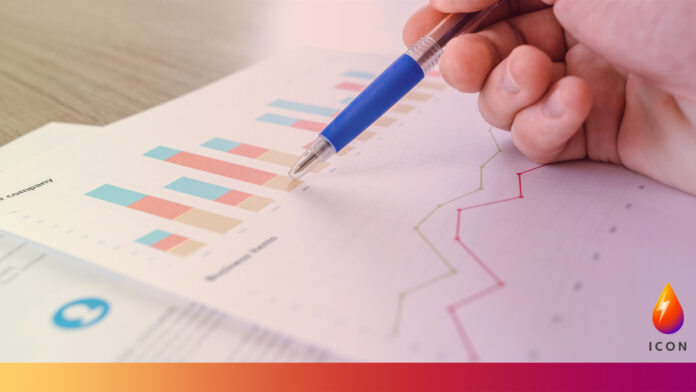Water regulator Ofwat has launched a consultation on the draft findings of their 2020 review of the bioresources market.
Bioresources (or sewage sludge) are the semi-solid by-products of wastewater treatment.
According to Ofwat, with the right conditions, a market for bioresources will help the sector to meet its potential to create economic and environmental value by enabling and incentivising:
- technological changes making treatment more cost effective and enabling greater
generation of renewable energy - economies of scale
- Inter-company optimisation – such as through trading or development of joint
capacity - co-digestion of sludge with other organic waste.
Achieving this potential is also reported to play an important part in meeting the UK and Welsh governments’ ambition of net zero emissions by 2050.
Since 2018, Ofwat have required companies to produce information related to market
information, and market monitoring and at PR19, the regulator introduced a separate price control for bioresources in the form of an indexed ‘modified-average revenue’ control.
After identifying potential issues with the operation of the bioresources market, Ofwat launched ‘Review of the bioresources market’ on 19 October 2020.
In summary, although there seems to be ‘a reasonable degree of competition’ for sludge transport and disposal, Ofwat found that there are ‘a number of barriers preventing the market from reaching its potential.’
According to Ofwat, some of these barriers are caused by the way they regulate.
Ofwat proposes to:
- Establish bidding market arrangements. At PR19, companies produced Bid Assessment Frameworks for activities related to water to ensure ‘clear, objective and non-discriminatory’ consideration of third party bids when tendering for significant work. Ofwat considers that there is merit in companies producing a similar framework which is tailored to the bioresources market.
- Undertake better targeted cost assessment. Ofwat has already issued guidance to companies to improve cost allocation in relation to sludge liquors and will separately consult on changes to the allocation of overheads. The regulator will also shortly consult on methods to improve the allocation of energy costs and revenues in bioresources.
- Consider changing the basis of Ofwat’s cost challenge so that it is based on average revenue requirement rather than expenditure.
- Encourage greater sector collaboration. This could be, for example, by providing
additional information to support the market, introducing standardised measures of
sludge quality and considering regional collaboration. - Improve information remedies. Ofwat recently published an amended direction which
requires companies to publish improved information to support the bioresources market
and provide additional information to monitor the development of the market.
Companies are required to provide this information at least annually. - Ensure more joined-up, pro-market outcomes. Ofwat will look to ensure that company performance commitments related to bioresources at PR24 are more joined-up with Ofwat’s long-term plans for the market and do not have ‘unintended consequences for market development.’
The closing date for this consultation is 5pm on 22 July 2021.
More information about this consultation and how to take part is available on the Ofwat website.
